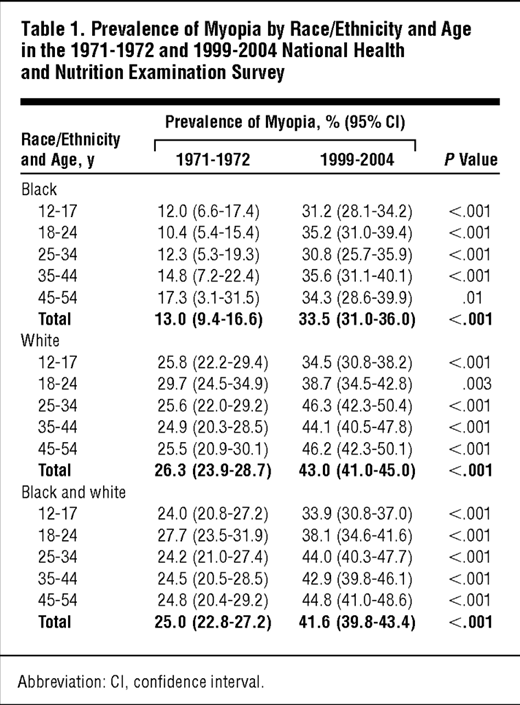Playing the Nerd Card (Ep. 77)
[omny:https://traffic.omny.fm/d/clips/aaea4e69-af51-495e-afc9-a9760146922b/14a43378-edb2-49be-8511-ab0d000a7030/63c65c3f-9e7a-4218-bc2f-ab0d001b8b4a/audio.mp3]
Our latest Freakonomics Radio on Marketplace podcast is called “Playing the Nerd Card.”
(You can download/subscribe at iTunes, get the RSS feed, listen via the media player above, or read the transcript here.)
It’s about the rise in basketball players (and other athletes) showing up at press conferences wearing the kind of eyeglasses usually associated with Steve Urkel and Buddy Holly. Among the practitioners: LeBron James, Dwyane Wade, Kevin Durant and Russell Westbrook, Carmelo Anthony, and Robert Griffin III.
What’s going on here? Has the rate of myopia exploded, even among premier athletes?
We talk to Susan Vitale, a research epidemiologist with the NIH’s National Eye Institute, who worked on a large study on myopia in the U.S. There has indeed been a huge spike in recent decades, and it’s especially pronounced among blacks:

So does that mean that all these ballplayers are simply part of the Rise of the Nearsighted?
Um … no. In the podcast, you’ll hear LeBron and D-Wade tell us why they wear their glasses. Hint: It isn’t to see better. And some of their former NBA brethren think the trend has already gone too far.
You’ll also hear from Harvard economist Roland Fryer, a familiar presence to Freakonomics readers. Fryer talks about whether the “acting white phenomenon” comes into play here, and he discusses all this glasses-wearing as a “two-audience signaling” situation:
FRYER: “These guys are saying to one audience, ‘Hey, I’m here, I’m an athlete, I’m a Heisman Trophy winner.’ To the other one, ‘Look at the glasses. Look at how I’m dressed. Look at how I carry myself. I can promote your product.’”
FWIW, we put out another podcast about myopia among rural Chinese schoolchildren and how some kids turned down an offer of free eyeglasses because of the stigma associated with poor vision.
Isn’t it interesting that what’s stigmatic in one setting can be so desirable in another?


Comments